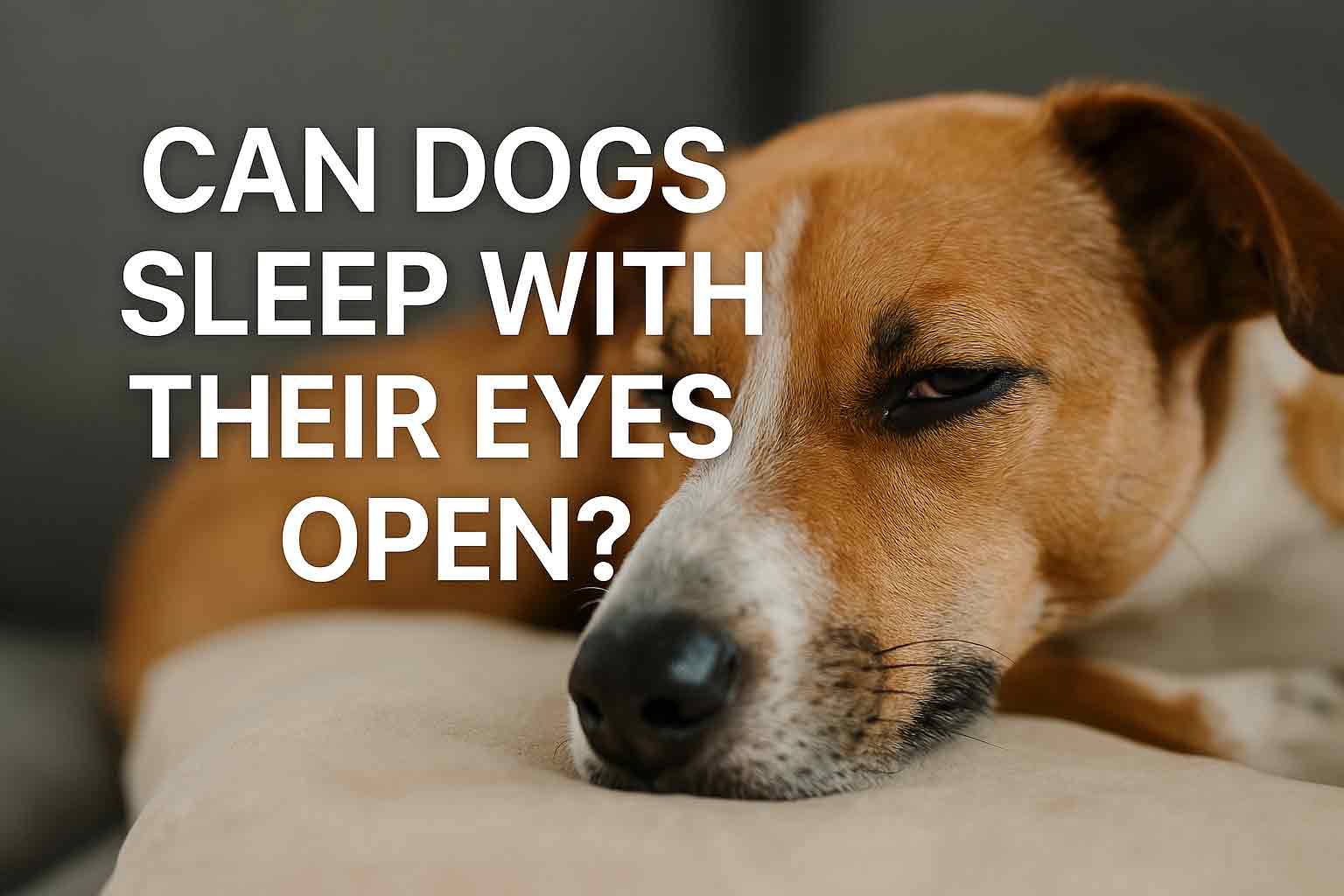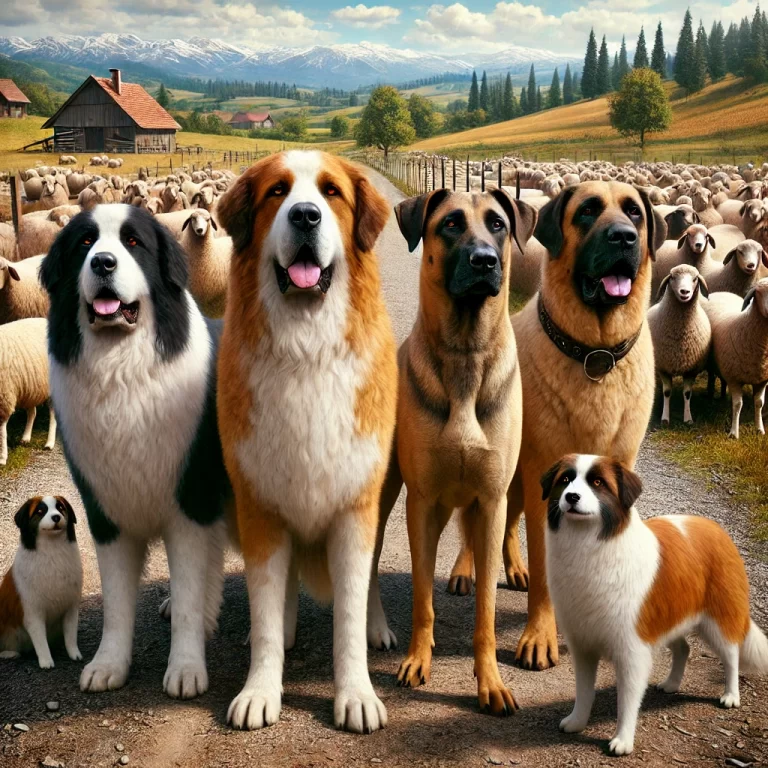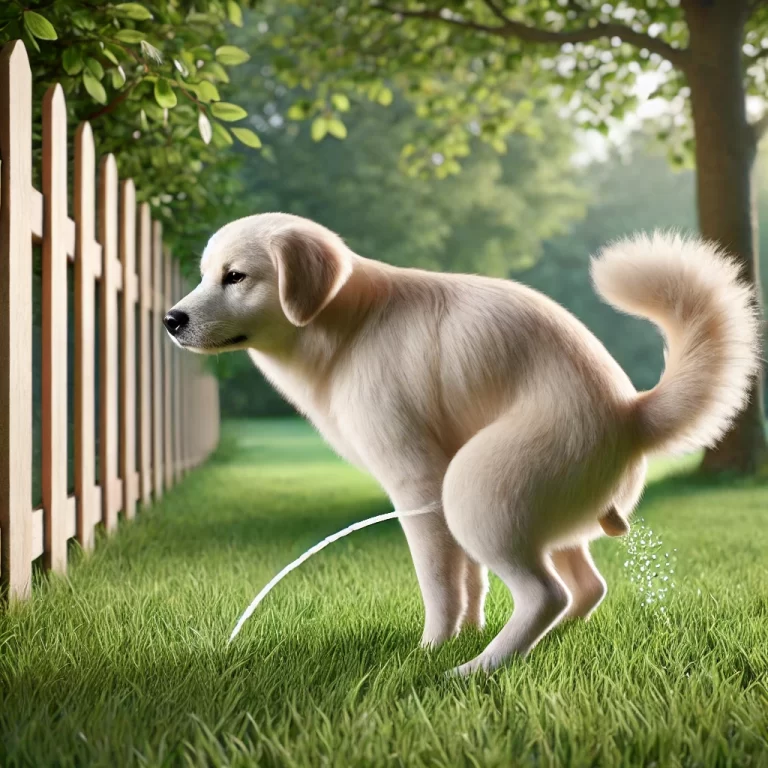Can Dogs Sleep With Their Eyes Open?
Table of Contents
- 1. Introduction
- 2. Do Dogs Sleep With Their Eyes Open?
- 3. Why Do Dogs Sleep With Their Eyes Open?
- 4. Is It Normal for Dogs to Sleep With Their Eyes Open?
- 5. Should You Be Concerned?
- 6. Medical Conditions That May Cause Dogs to Sleep With Their Eyes Open
- 7. How to Tell If Your Dog Is Really Asleep
- 8. What You Can Do If You’re Worried
- 9. Frequently Asked Questions
- 10. Final Thoughts
- 11. Key Takeaways
1. Introduction
If you’ve ever walked into a room and seen your dog lying perfectly still, eyes slightly open, you may have asked yourself, “Can dogs sleep with their eyes open?” It’s a common question among pet owners, and the answer might surprise you. In this article, we’ll explore why dogs sometimes sleep with their eyes open, whether it’s normal, and when to be concerned.
2. Do Dogs Sleep With Their Eyes Open?
Yes, some dogs can sleep with their eyes open, or at least partially open. This behavior might look unsettling, but it’s not necessarily a sign of a problem. Many dogs do this occasionally, and for most, it’s completely normal.
3. Why Do Dogs Sleep With Their Eyes Open?
There are a few reasons dogs might sleep with their eyes open or partially open:
- Protective Instincts: In the wild, sleeping with eyes slightly open may help dogs stay alert to danger.
- Light Sleep Stages: During non-REM sleep, dogs may keep their eyelids slightly open.
- Breed Traits: Certain breeds, especially those with bulging eyes like Pugs or Shih Tzus, are more likely to sleep with their eyes open.
4. Is It Normal for Dogs to Sleep With Their Eyes Open?
In most cases, yes. It’s normal for dogs to sleep with their eyes open occasionally. Some may do it regularly without any health concerns. However, if it’s a new behavior or accompanied by other symptoms, it’s worth investigating.

5. Should You Be Concerned?
While sleeping with open eyes is generally harmless, you should watch for signs of potential problems, including:
- Dry, red, or irritated eyes
- Excessive tearing or discharge
- Cloudy or dull-looking eyes
- Sudden behavioral changes or lethargy
If you notice these symptoms, consult your veterinarian to rule out any underlying issues.
6. Medical Conditions That May Cause Dogs to Sleep With Their Eyes Open
Although rare, some medical conditions can cause or contribute to this behavior:
- Lagophthalmos: A condition where dogs can’t fully close their eyelids
- Seizures or Neurological Disorders: Can affect muscle control during sleep
- Injuries: Trauma or scarring around the eyes can limit eyelid movement
Always monitor your pet for unusual behaviors and consult your vet if anything seems off.
7. How to Tell If Your Dog Is Really Asleep
Even if your dog’s eyes appear open, look for these signs of actual sleep:
- Regular breathing and body stillness
- Ear twitching or paw movement (dreaming)
- Unresponsiveness to quiet noises
- Snoring or soft vocalizations
If these signs are present, chances are your dog is simply sleeping—with eyes partly open.
8. What You Can Do If You’re Worried
If your dog frequently sleeps with their eyes open and you’re concerned, here are a few steps you can take:
- Use a humidifier: Helps prevent dry eyes, especially in winter
- Limit exposure to bright lights while sleeping
- Keep a sleep log: Track patterns and any changes in behavior
- Visit your vet: Especially if you see signs of eye discomfort
9. Frequently Asked Questions
Do all dogs sleep with their eyes open?
No. Some dogs never do, while others may do it often depending on breed and age.
Is it bad for a dog’s eyes to stay open during sleep?
Not usually. But if the eyes appear dry or irritated, it may need attention.
Is this more common in older dogs?
Yes, aging can affect muscle tone and eye health, making open-eye sleeping more likely.
10. Final Thoughts
So, can dogs sleep with their eyes open? Absolutely. While it might look odd, it’s usually nothing to worry about. Keep an eye on your pet’s overall health and behavior, and you’ll be able to tell if something more serious is going on. When in doubt, a quick chat with your vet can give you peace of mind.
11. Key Takeaways
- Many dogs can and do sleep with their eyes partially open
- This is often normal and harmless
- Breed traits and sleep cycles play a role
- Look out for eye irritation or other unusual behaviors
- Consult your vet if you notice anything concerning




